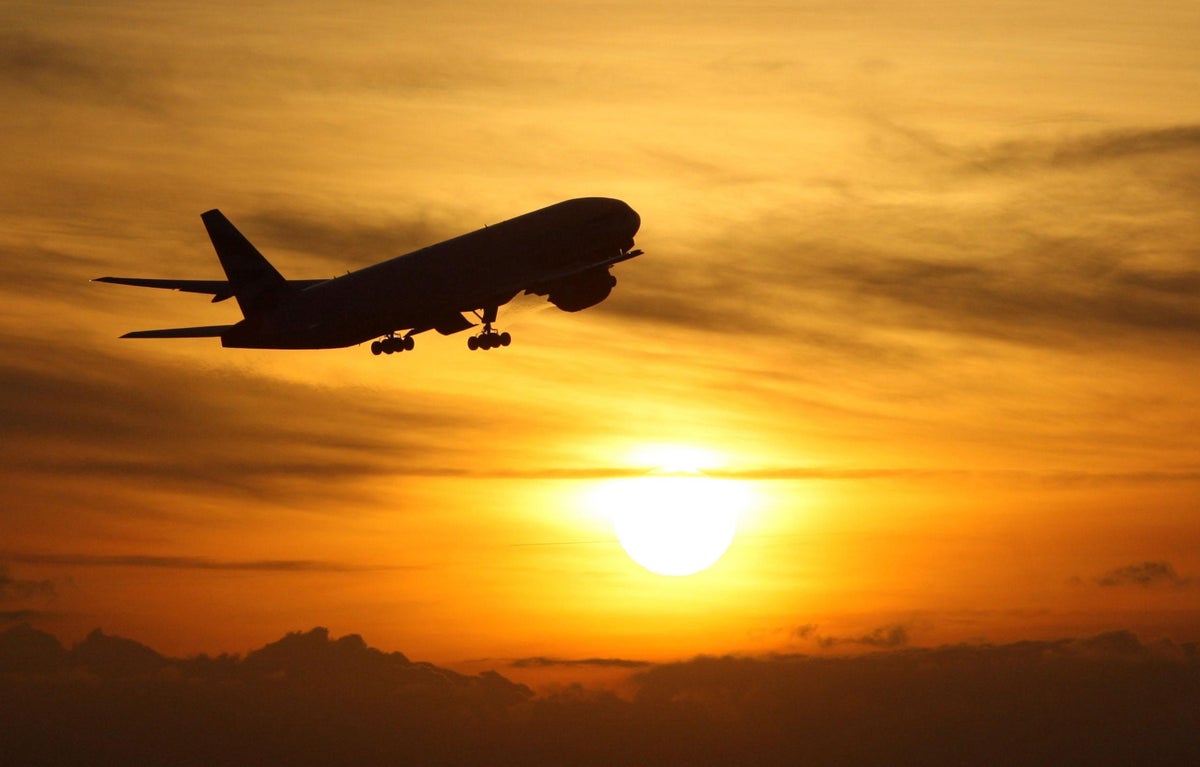
The soaring cost of living signals good news for hotel comparison sites which will benefit from cash-conscious consumers hunting down cheaper deals, the boss of Trivago has said.
While many businesses could suffer as high inflation strips the savings of UK households, money comparison platforms could see a boom in activity, according to the boss of the accommodation search website.
Axel Hefer, Trivago’s chief executive, told the PA news agency that consumers still want to go on holiday but are more likely to invest time in booking money-saving trips.
The more that’s at stake financially, the more time people are willing to invest in the search for their holiday— Axel Hefer, Trivago's chief executive
While the travel chaos that has been hitting UK airports in recent months will eventually ease up as supply improves to meet demand, he predicted.
“The more that’s at stake financially, the more time people are willing to invest in the search for their holiday,” Mr Hefer told PA.
“Holiday prices will have to go up because hotels and transportation companies are not fully staffed, and all the costs that go into providing the service, from food and energy to construction, are rising.
“But as long as there is higher inflation and people are conscious of spending, our business will perform well.
“In fact, our website really took off after the financial crisis in 2008 and what we were offering was more relevant than when prices are stable.”
However, Mr Hefer sounded a note of caution about making predictions based on how well business went 14 years ago.
“We shouldn’t get too excited just because it worked very well in the last recession.”
The boss of Trivago – which compares accommodation across 190 countries – said airlines and travel companies are facing massive staffing shortages after jobs were axed during the pandemic when travel was restricted.
Coupled with an increase in people with post-pandemic savings and a desire to travel, the industry is buckling under the weight of demand.
But rising prices will eventually see demand go down and the industry will be able to stabilise, Mr Hefer said.
As for the longer-term impact of Covid, exotic destinations are more likely to suffer as holidaymakers stick to booking familiar or closer-to-home locations, he argued.
“New variants of the disease are more impactful in the colder months of the year, so it’s possible we will see a shift in people bringing forward their trips to the summer months.”
Mr Hefer’s comments come after Trivago reported a 52% jump in its year-on-year revenue, as as Covid restrictions lifted and pent-up demand for holidays was released.
But the company said the uncertain economic environment, rising interest rates and surging inflation had led it to put down an impairment charge of 84.2 million euros (£71.1 million).
The group reported operating losses of 59.8 million euros (£50.3 million) for the second quarter of the year, a substantial increase from the 2.9 million euros (£2.45 million) in losses reported in the previous year.







